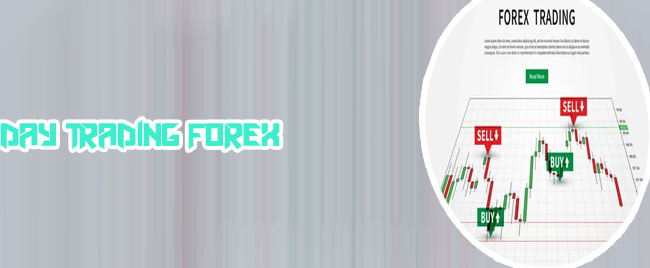
- Ecn forex broker
- Best forex
- Top broker forex india
- Regulated forex broker india
- Top rated forex broker
- Top 3 best forex brokers
- Best app for forex trading in india
- Top forex broker in world
- Forex broker reviews
- Forex broker volume
- Top 10 forex brokers in india
- Free credit forex broker
- Top forex broker
- Best forex application
- Best forex broker for indices
- Forex trading in india
- Best forex and crypto brokers
- Best paypal forex broker
- How to start forex trading
- Is forex trading legal in india
- Forex
- Top forex brokers
- Best forex broker for day trading
- Forex brokers in india
- Forex trading profit per day
- Forex trading us broker
- How much can be made from forex trading
- Forex for you login
- Rbi ban forex trading app list
- Forex broker
- Types of brokers in forex
Forex trading vs stock trading

When it comes to investing, many people wonder whether stock trading or forex trading is easier. Both markets have their own set of advantages and challenges, making it difficult to determine which one is simpler for beginners. To help answer this question, here are three articles that provide valuable insights into the differences between stock trading and forex trading, allowing readers to make an informed decision based on their individual preferences and goals.
When it comes to investing, many people wonder whether stock trading or forex trading is easier. Both markets have their own complexities and challenges, so it's important to weigh the pros and cons before deciding where to put your money. To help you make an informed decision, here are 2 articles that explore the differences between stock trading and forex trading.
Stock Trading vs. Forex Trading: Which is the Better Investment Option?

When it comes to investing in financial markets, both stock trading and forex trading are popular options among investors in India. Understanding the differences between the two can help investors make informed decisions based on their financial goals and risk tolerance.
Stock trading involves buying and selling shares of individual companies listed on stock exchanges. This type of trading is more familiar to many investors, as it involves investing in well-known companies such as Tata Consultancy Services or Reliance Industries. Stock trading in India is regulated by the Securities and Exchange Board of India (SEBI), providing investors with a certain level of protection.
On the other hand, forex trading involves trading currencies in the foreign exchange market. This market operates 24 hours a day, allowing investors to take advantage of global economic trends and geopolitical events. While forex trading can offer higher leverage and potentially higher returns, it also comes with higher risks due to the volatile nature of currency markets.
In conclusion, both stock trading and forex trading have their pros and cons. Investors in India should carefully consider their investment objectives, risk tolerance, and market knowledge before choosing between the two options. One practical use case could be an investor who diversified their portfolio by investing in both stocks and forex, resulting in a positive return on investment and a well-balanced investment strategy.
Beginner's Guide: Stock Trading vs. Forex Trading
Stock trading and Forex trading are two popular investment options for individuals looking to grow their wealth. Both markets offer opportunities for profit, but they operate in different ways and come with their own set of risks and rewards.
Stock trading involves buying and selling shares of publicly traded companies on stock exchanges. Investors can choose from a wide range of stocks, including well-known companies like Apple, Amazon, and Microsoft. Stock prices are influenced by various factors, such as company performance, market trends, and economic indicators. Traders can use fundamental and technical analysis to make informed decisions about when to buy or sell stocks.
On the other hand, Forex trading involves buying and selling currencies in the foreign exchange market. This decentralized market operates 24 hours a day, five days a week, and is the largest financial market in the world. Forex traders can trade major currency pairs like EUR/USD, GBP/USD, and USD/JPY, as well as exotic pairs. The value of currencies fluctuates based on factors like economic data, geopolitical events, and market sentiment.
Both stock trading and Forex trading offer the potential for high returns, but they also carry risks. Stock prices can be volatile, especially during times of economic uncertainty or market turbulence. Forex trading is highly leveraged, which means that traders